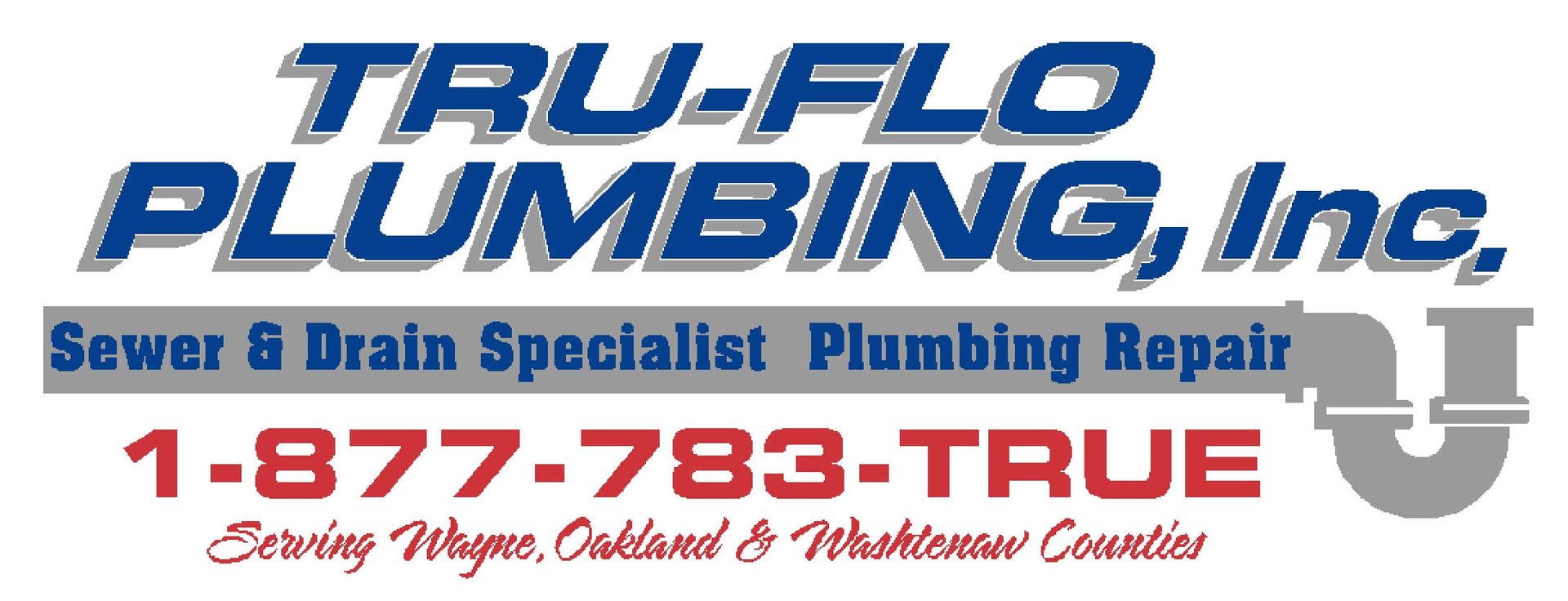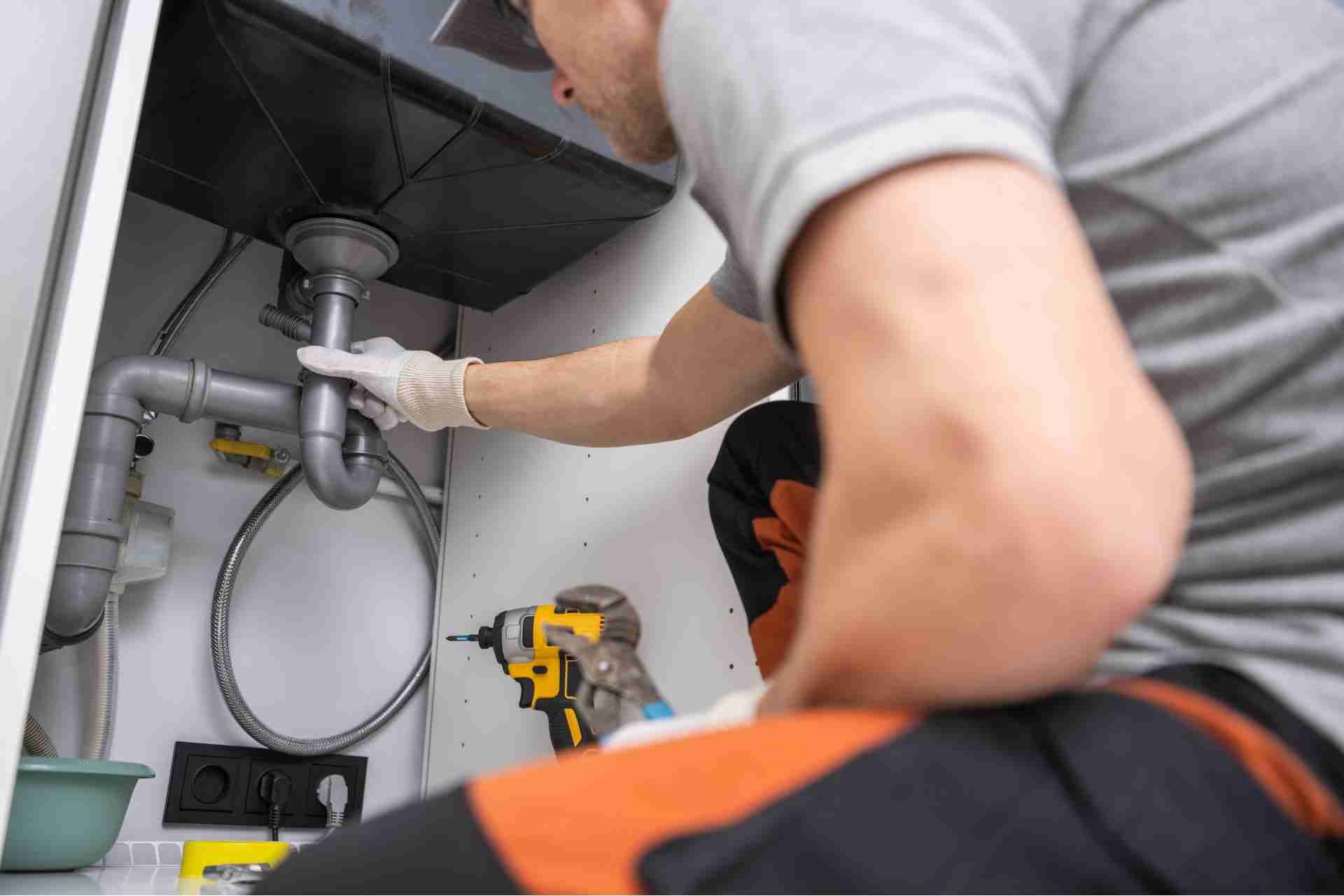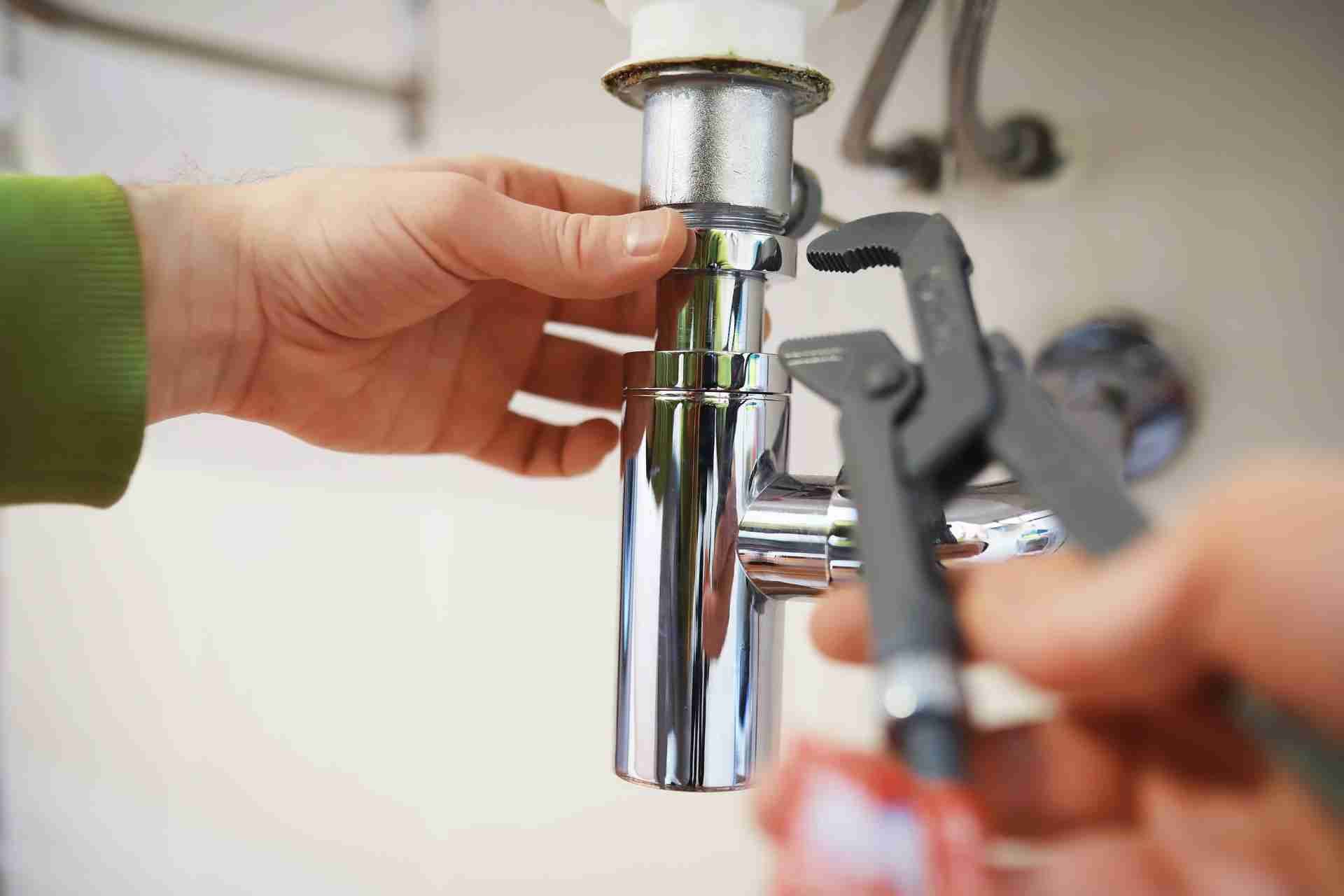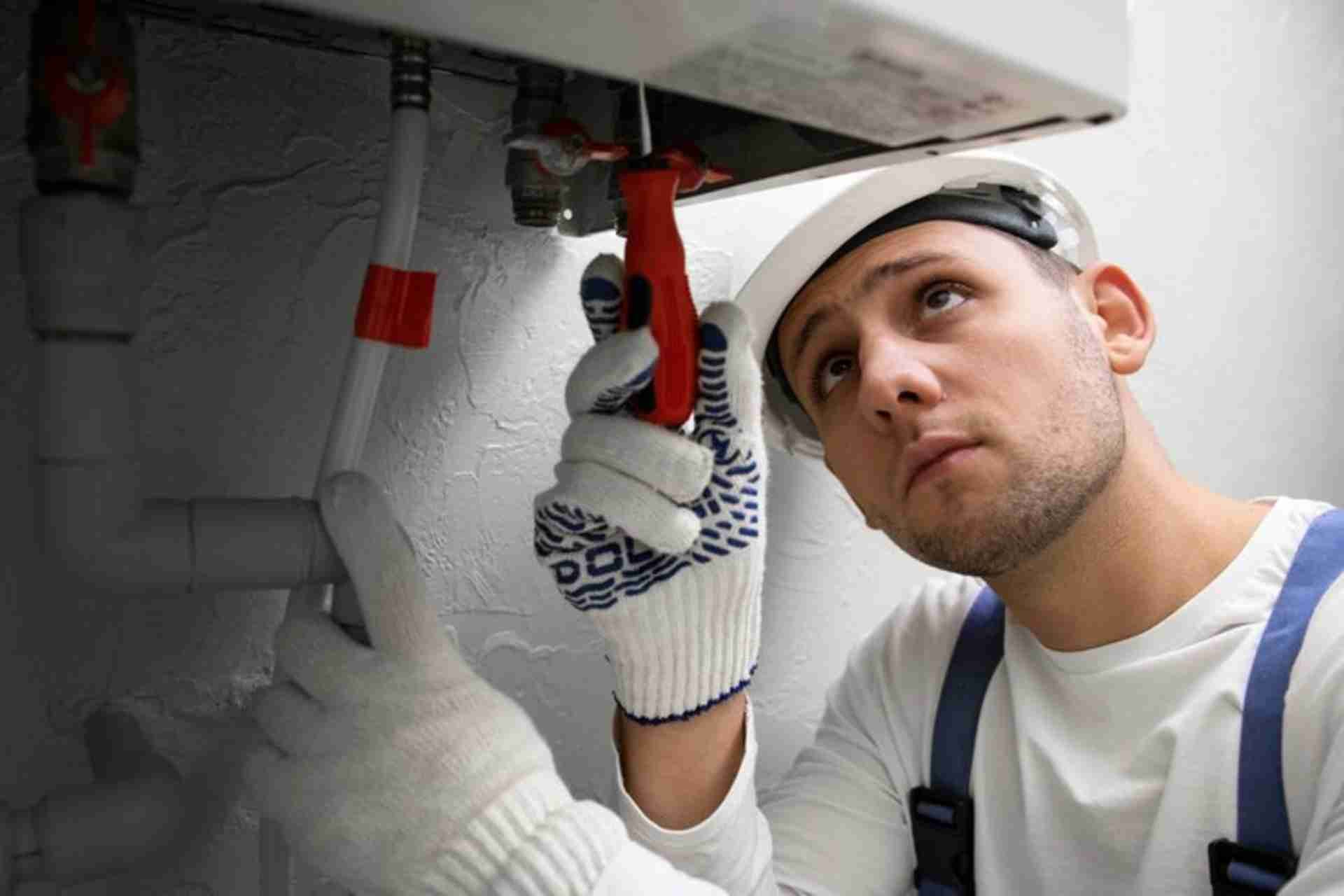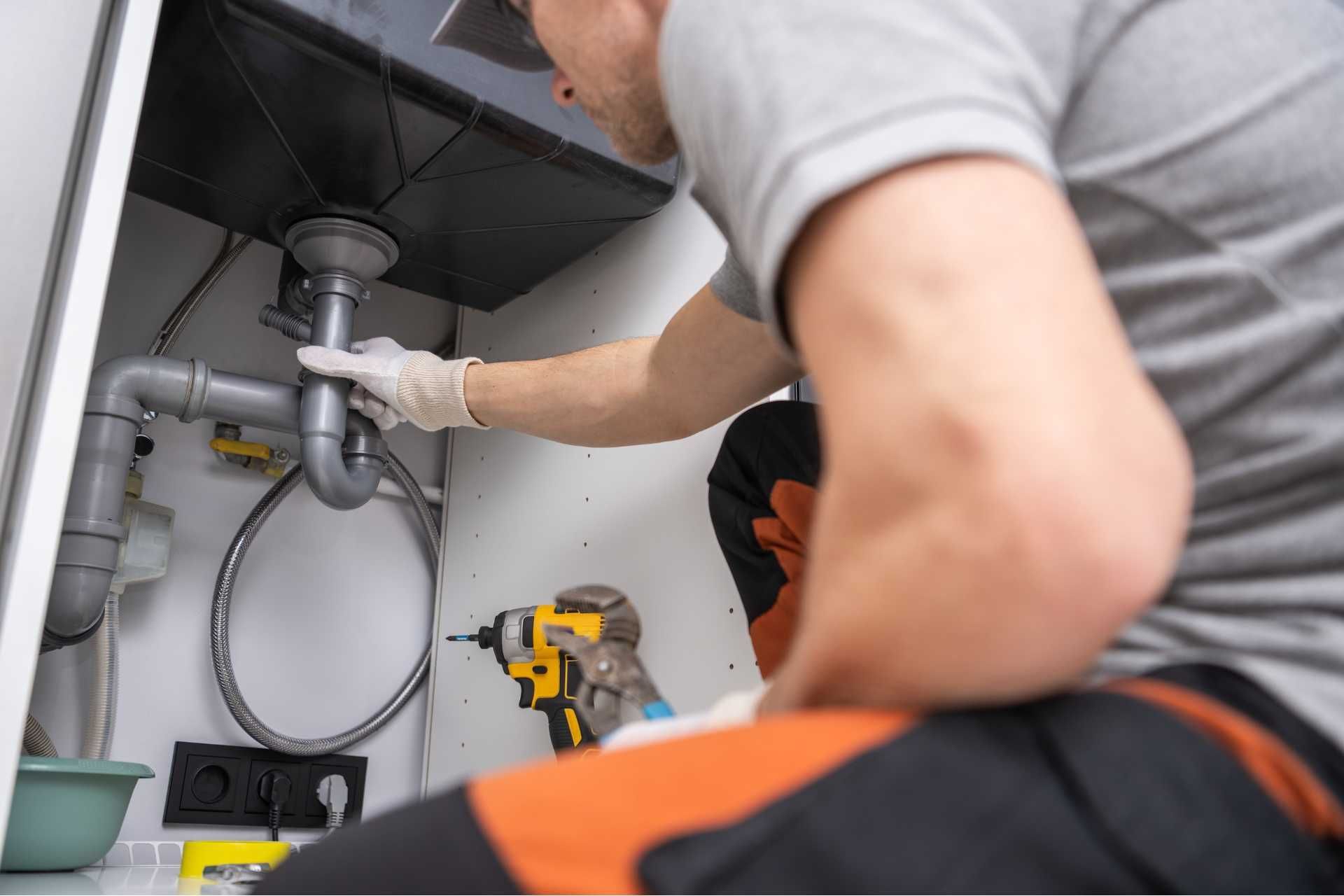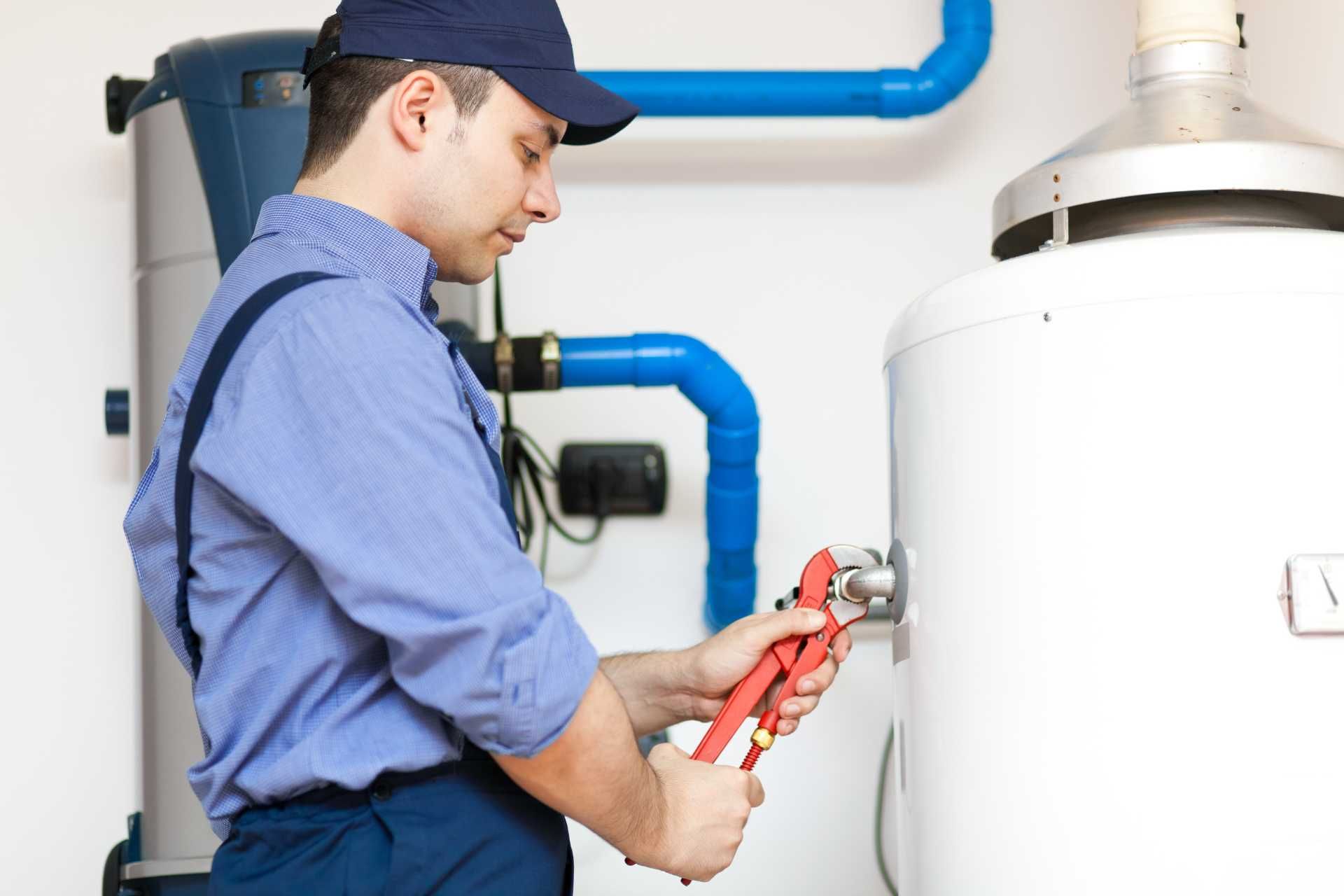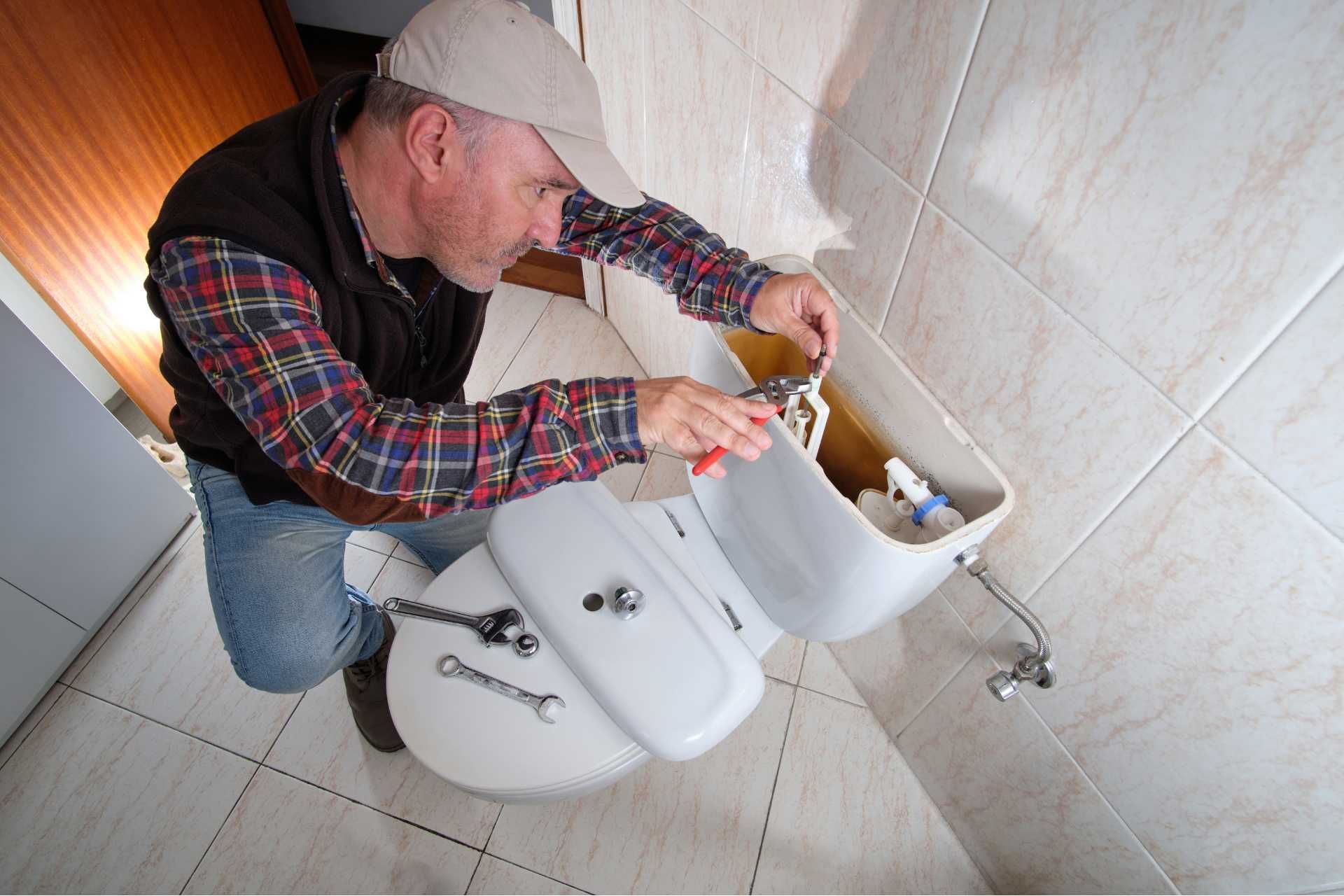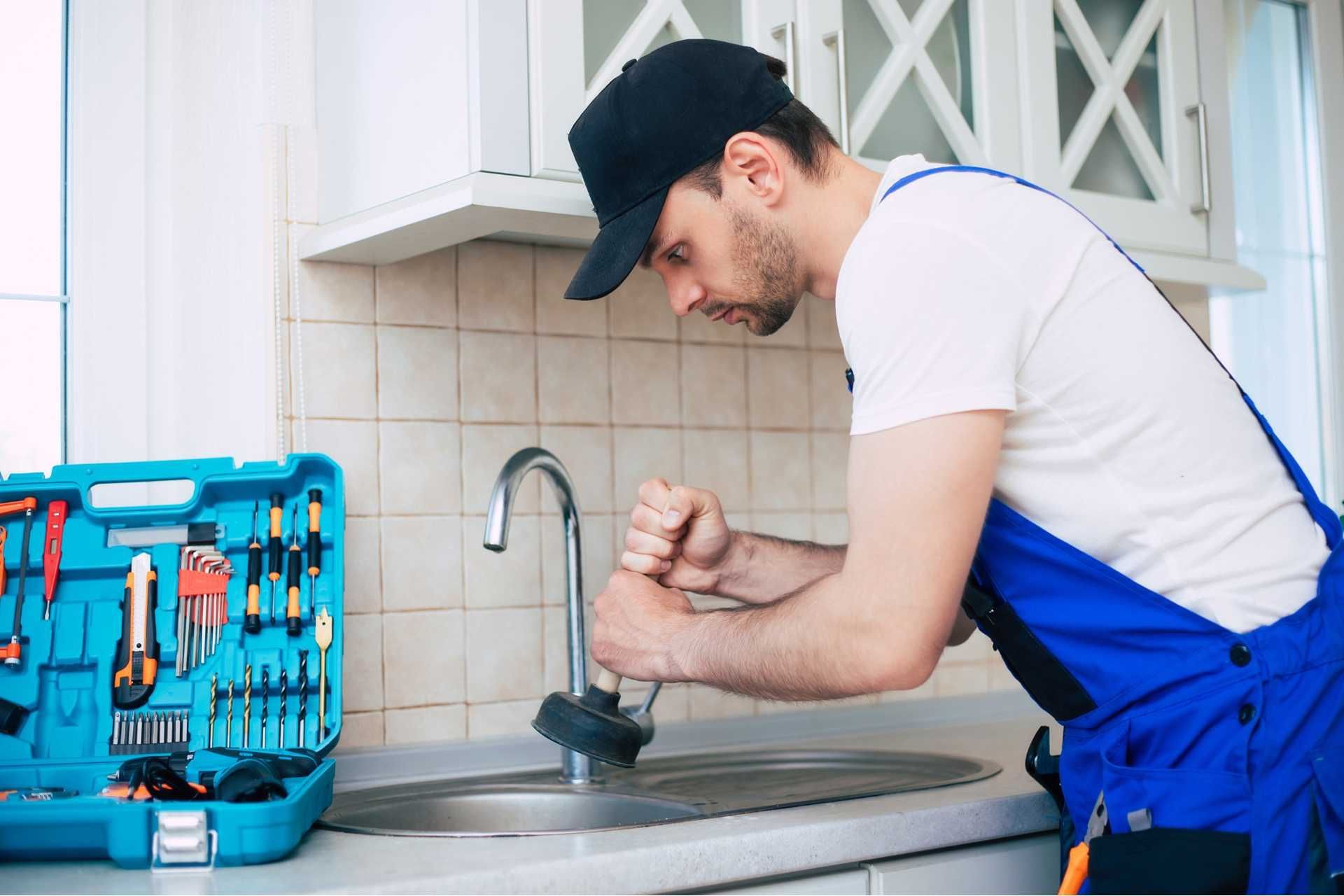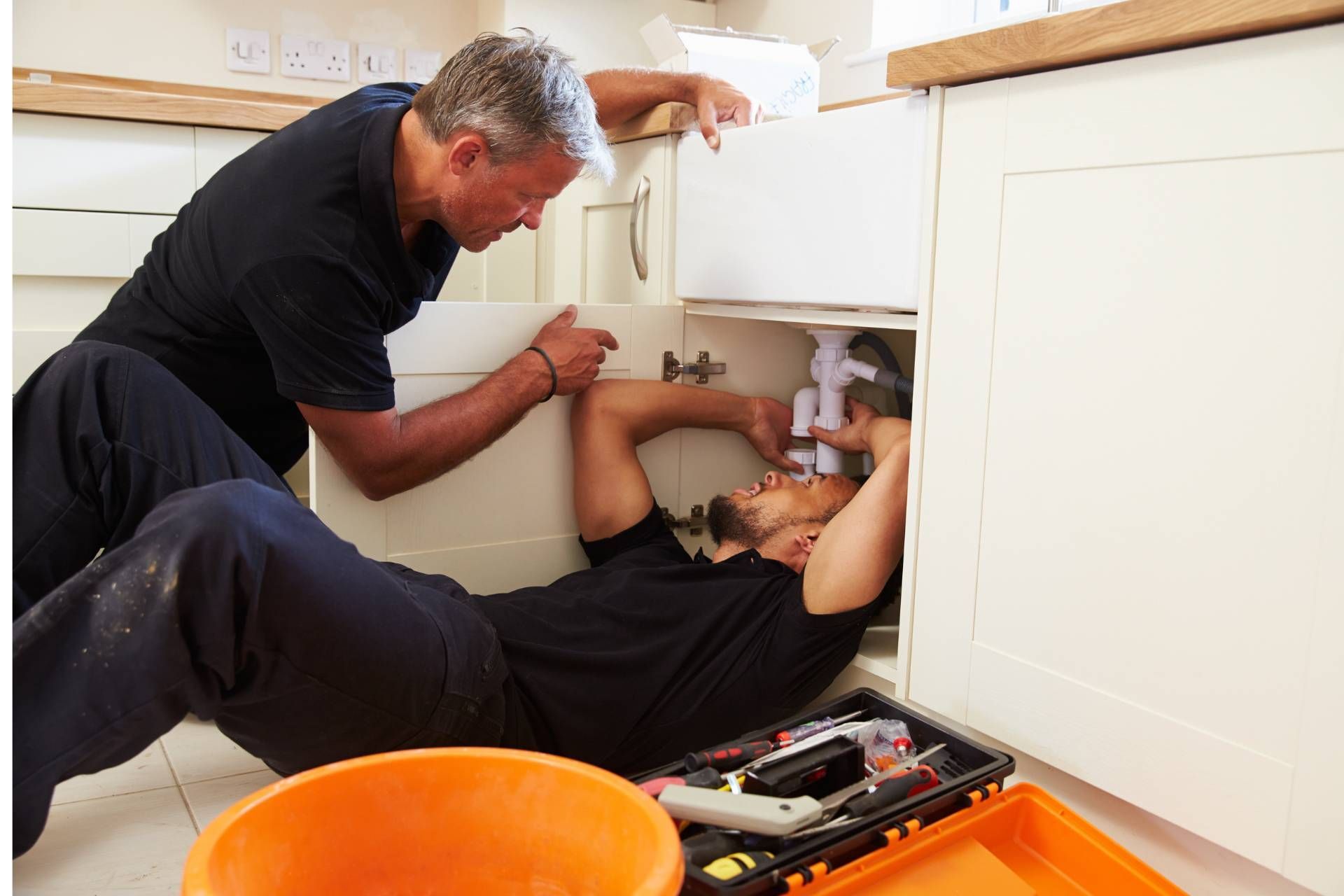What is a Tankless Water Heater
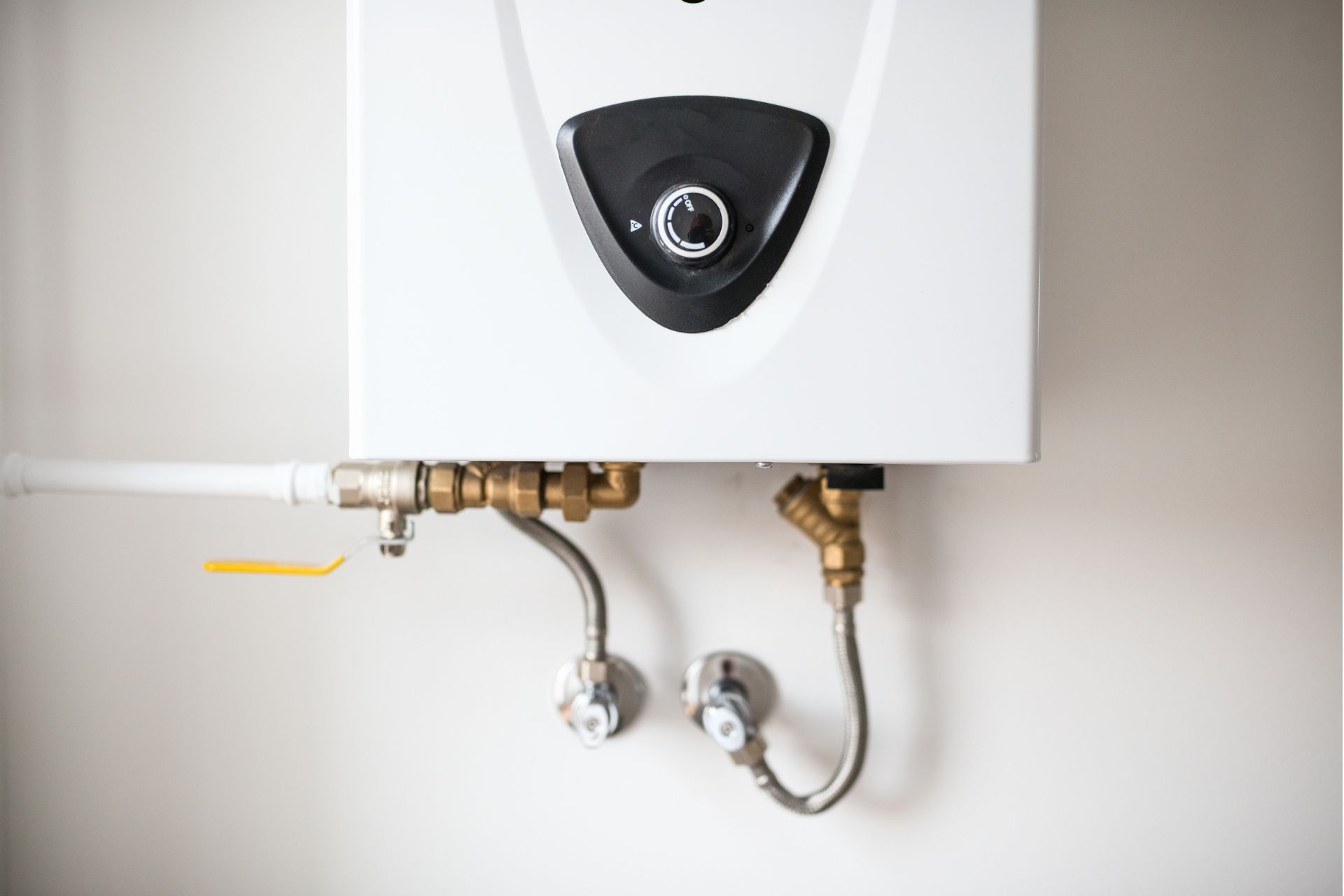
Are you tired of running out of hot water halfway through your shower? Say goodbye to waiting for your traditional water heater to refill and consider upgrading to a tankless water heater.
But what is a tankless water heater and how does it work?
In this blog post, we will explore the benefits of tankless water heaters and why you should consider making the switch.
What is a Tankless Water Heater?
Tankless water heaters are a modern, energy-efficient alternative to traditional tank water heaters. Unlike traditional models, tankless water heaters heat water on demand, providing hot water instantaneously without the need for a large storage tank. This not only saves space in your home but also conserves energy and reduces utility bills.
How Do Tankless Water Heaters Work?
Traditional water heaters store and continuously heat a large amount of water in a tank, which can lead to energy waste and a limited supply of hot water. Tankless water heaters, on the other hand, heat water directly as it flows through the system, providing hot water instantly and in an energy-efficient manner.
When hot water is needed, a tankless water heater is activated by turning on a hot water tap or appliance. Cold water enters the unit, where it is heated by a heating element (often a gas burner or an electric element) as it passes through a heat exchanger. The temperature of the water is controlled by adjusting the flow rate and the power output of the heating element.
Because tankless water heaters only heat water as it is needed, they are more energy-efficient than traditional water heaters. This not only helps reduce energy bills but also reduces greenhouse gas emissions. Additionally, tankless water heaters do not suffer from standby heat loss, which occurs when heat escapes from the tank of a traditional water heater even when hot water is not being used.
Advantages of Using Tankless Water Heaters
Tankless water heaters have become increasingly popular in recent years for their numerous advantages over traditional tank water heaters. These innovative appliances heat water on demand, providing hot water instantly without the need for a large storage tank. Here are some of the key of using tankless water heaters:
Energy Efficiency
One of the biggest advantages of tankless water heaters is their energy efficiency. Unlike traditional tank heaters, which continuously heat and store water, tankless heaters only heat water when it is needed. This means they use less energy overall, resulting in lower utility bills and reduced carbon emissions.
Unlimited Hot Water
With a tankless water heater, you never have to worry about running out of hot water. Because they heat water on demand, you can enjoy a continuous supply of hot water for as long as you need it. This is especially beneficial for large households or families with high hot water demands.
Space-Saving Design
Tankless water heaters are much smaller and more compact than traditional tank heaters, taking up less space in your home. They can be installed on walls or even outdoors, allowing for more flexibility in placement. This is especially advantageous for small homes or apartments where space is limited.
Longer Lifespan
Tankless water heaters tend to last longer than traditional tank heaters, with an average lifespan of 20 years or more. This is due to their more durable components and lack of a large storage tank, which can be prone to corrosion and leaks over time. While tankless water heaters may have a higher upfront cost, their longer lifespan can result in savings in the long run.
Reduced Risk of Water Damage
Because tankless water heaters do not have a large storage tank, there is less risk of water damage from leaks or ruptures. Traditional tank heaters can hold up to 50 gallons of water, which can cause significant damage if a leak occurs. With a tankless water heater, you can have peace of mind knowing that your home is protected from potential water damage.
How to Choose a Tankless Water Heater
If you're in the market for a new water heater, here are some tips on how to choose the right tankless water heater for your home:
- Determine your hot water needs: Before purchasing a tankless water heater, it's important to consider how much hot water you and your family typically use. Tankless water heaters come in different sizes and capacities, so make sure to choose one that can provide enough hot water for your household.
- Consider the energy efficiency: One of the main advantages of tankless water heaters is their energy efficiency. Look for a model that has a high energy efficiency rating, which will help you save money on your energy bills in the long run.
- Look for a reputable brand: It's important to choose a tankless water heater from a reputable brand that has a good track record of reliability and customer satisfaction. Some popular brands include Rheem, Rinnai, and Navien.
- Consider the installation requirements: Tankless water heaters require a different installation process than traditional tank water heaters. Make sure to consult with a professional plumber to determine if your home is suitable for a tankless water heater and to get an accurate estimate of the installation costs.
- Think about maintenance and repairs: Like any appliance, tankless water heaters require regular maintenance to ensure they continue to function efficiently. Consider the availability of replacement parts and the cost of repairs when choosing a tankless water heater.
- Compare warranties: Tankless water heaters typically come with longer warranties than traditional tank water heaters. Take the time to compare the warranties offered by different manufacturers to ensure you're getting the best deal.
Conclusion
Tankless water heaters can offer a number of benefits, including energy efficiency, space savings, and endless hot water supply. However, there are also some drawbacks to consider, such as the higher upfront cost and potential limitations on simultaneous hot water usage. Ultimately, the decision to install a tankless water heater will depend on your specific needs and preferences. It is important to carefully weigh the pros and cons before making a decision.
Address: 3215 Dix Hwy, Lincoln Park, MI 48146 | Phone: 1-877-783-TRUE (8783)
Copyright © 2023 Tru-Flo Plumbing, All Rights Reserved
